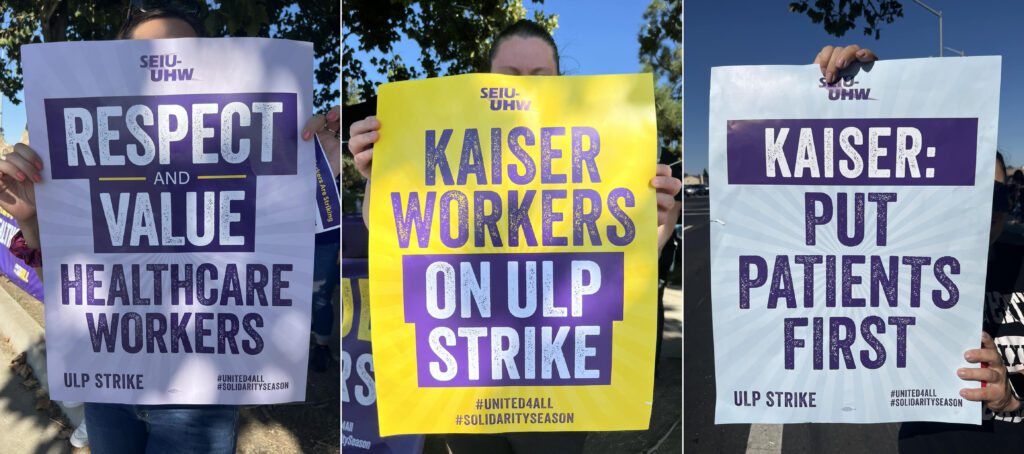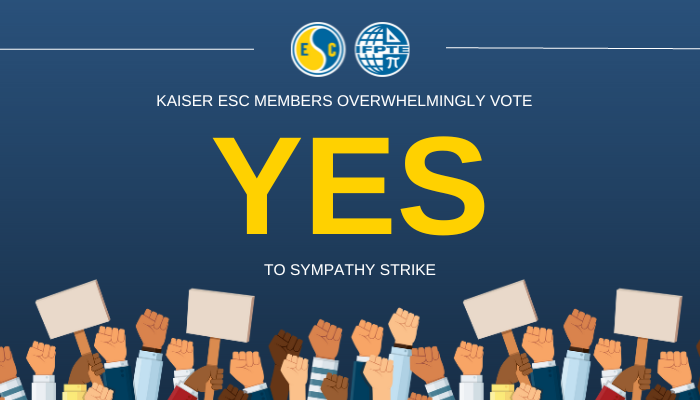Federal court upholds Glazer’s Truth in Lending law
Monday, December 11th, 2023
Benefiting 4 million small businesses
SACRAMENTO – A federal district court this week upheld Senator Steve Glazer’s Truth in Lending law in a summary judgment that declined to hear a lawsuit filed by a lender organization that argued the law did not apply to them.
Under legislation that Senator Glazer, D-Contra Costa, authored in 2018 (Senate Bill 1235), California became the first state in the nation to give small business owners the same protections that Truth in Lending laws have given consumer borrowers for more than half a century. The law became permanent this year when Governor Gavin Newsom signed Senator Glazer’s follow-up bill, SB 33.
The lawsuit, brought by online financers called the Small Business Finance Association, sought to invalidate regulations that the California Department of Financial Protection and Innovations (DFPI) adopted to implement Senate Bill 1235, which requires lenders and other finance companies to provide clear and consistent disclosures to small business owners when they offer them financing and when they close a deal.
CORRECTION: The court ruled in favor of the DFPI’s motion for preliminary injunction. The summary judgment (Motion for Summary Judgment) concluded that the disclosures required under the Department’s regulations were lawful under the First Amendment and were not preempted by federal law.
In his 14-page order, the judge, R. Gary Klausner of the Central District of California, dismissed the plaintiffs’ arguments and praised state regulations implementing the law for protecting small business owners.
“The disclosures will help small businesses understand the cost of SBFs (Subscription Based Financing) and OECs (Original Equipment Costs) and do comparison shopping … Small businesses have asked for standardized disclosures that uncloak the true cost of financing and highlight useful information like “APR (Annual Percentage Rate), repayment amount, frequency of payments and prepayment penalties. The Regulations mandate such disclosures, thereby helping small businesses make informed credit decisions.”
DFPI Commissioner Clothilde Hewlett called Judge Klausner’s decision a “significant victory for small business owners and consumer protection in the State of California. SB 1235, and the accompanying DFPI regulations, ensure that more than four million California small businesses have protections like those enjoyed by consumers under the Truth in Lending Act for more than 50 years.
Hewlett continued: “These regulations empower small businesses to make informed credit decisions and better understand the cost of small business financing products, including merchant cash advances. The DFPI is committed to advancing opportunities for small business owners to achieve the California dream by ensuring a fair financial marketplace.”
The law is aimed at providing small business owners stronger footing in the rapidly evolving small business finance market, where fast-moving online lenders were replacing traditional banks in a largely unregulated world of loans and more innovative financing options.
“The federal district court agreed with the premise of my law, and that is that small businesses should be protected from abuses that were trapping them in a spiral of debt as the online lending industry evolved,” Senator Glazer said. “This law offers a modest measure – disclosure — to help level the playing field for small business owners. It is making California a leader in protecting the interests of small business owners as they seek the capital they need to grow.”
Previously, state and federal Truth in Lending laws applied only to consumer finance. Even the owners of the smallest companies were left to fend for themselves on the theory that they were sophisticated merchants who understood the world of finance. Increasingly, however, that is no longer true. Today’s small business owners are often immigrant entrepreneurs struggling to get their enterprises off the ground with little knowledge of the finance industry. Others are young people or early retirees with no background in finance.
Under the law, the financer must disclose the following at the time they offer financing of less than $500,000 to a business owner:
- Total amount of financing
- Total cost of financing
- Term length
- Frequency and amount of payments
- Pre-payment policies
- Annualized rate
Editor’s Note: The Herald previously reported in this article, based on incorrect information in a press release from Glazer’s office, that Judge Klausner had granted a preliminary injunction against Opportunity Financial LLC (OppFi). That was in error. Judge Klausner’s summary judgment order contained no such order and no motion against OppFi was before the court.


































